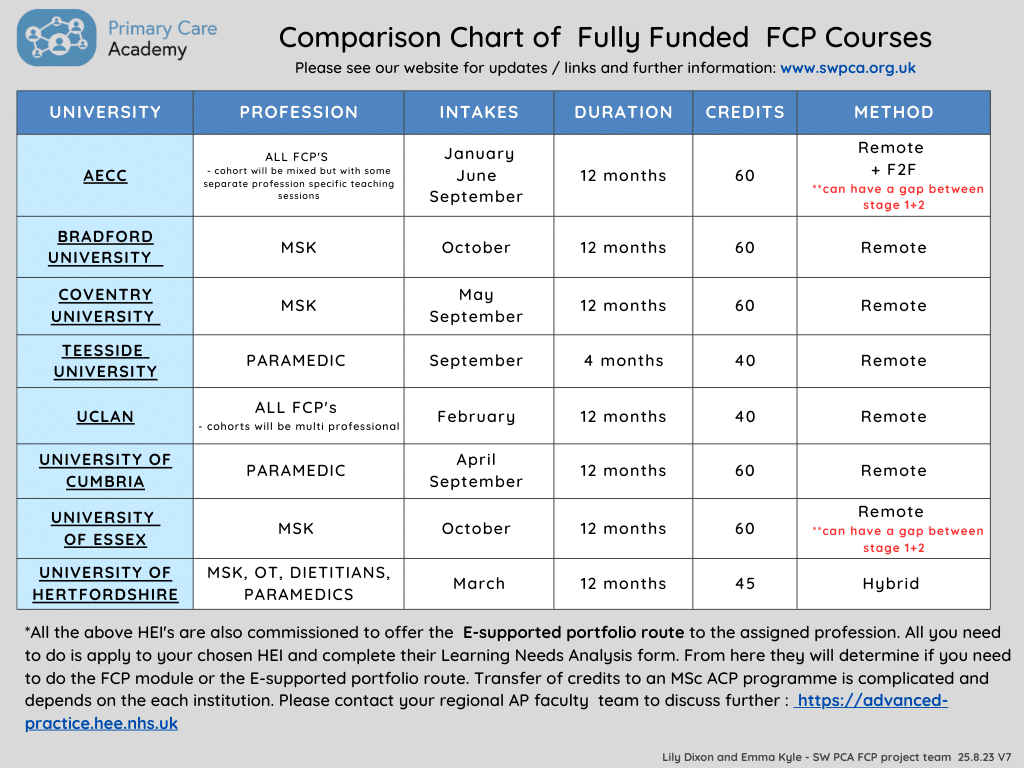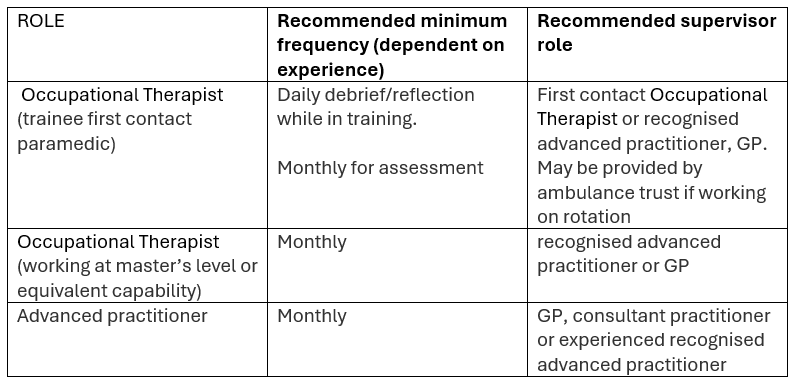What is a Occupational Therapist?
A First Contact Occupational Therapist (OT) brings diverse expertise to primary care, ensuring patients receive timely, appropriate support. Using population health approaches, they design tailored, proactive, and preventative interventions that help people stay active, independent, and engaged in life.
OTs work holistically across the lifespan, addressing physical, mental, and social needs. They look beyond diagnoses to focus on what matters most to each person—enabling them to do the things they need, want, and are expected to do, at home, work, and in the community.
In primary care, OTs often focus on three key areas:
- Frailty and ageing
- Mental health
- Work and employment challenges
Their practical, person-centred approach helps individuals overcome barriers, achieve meaningful goals, and improve quality of life.
For more information please read NHSE Roadmap to practice and the NHSE Occupational therapist in primary care



